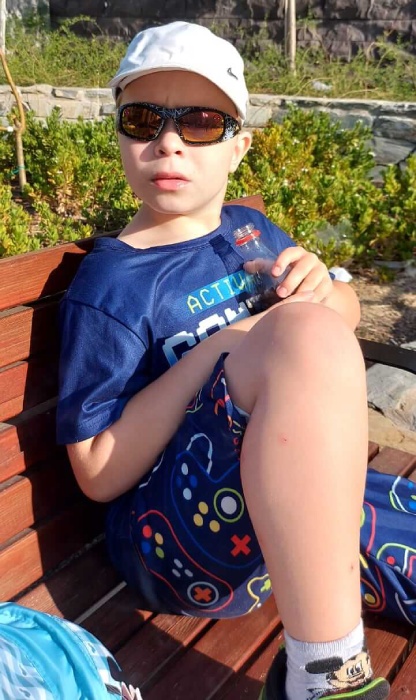Organization of individual work with autists in a family circle
Parents of almost any special child know how exhausting and lengthy therapy sessions can be with the use of various methods of ASD correction. It often happens that the therapeutic effect weakens or completely vanishes upon completion of a particular course of treatment. In many cases, it happens because the achieved effect is not maintained and does not develop in personal work with a child.
The principle tenets of individual work with autists are:
- Complexity
- Consistency
- Regularity
It is also an opportunity to consolidate, save, and improve treatment results through structured work at home. Yes, time and effort are needed for it, but the fullest achievement of a therapeutic goal will pleasantly surprise you.
An individual plan for working with an autistic child at home is a list of activities drawn up with an attending physician.
The principle of consistency and reinforcement (repetition) works without failure in any training system. So, if a child has acquired certain skills during sessions with a therapist, they certainly need to be repeated at home as many times as necessary for the child to fully consolidate them. For example, if a patient learns how to distinguish colours, they should practice various exercises at home many times to consolidate their knowledge in a relaxed, playful way. If carrying out this task is left until the next session with a teacher or therapist, the child will forget a large portion of the skills.
How to create an individual plan of work with an autistic child
It is best to develop the plan with a doctor or educator who specialises in teaching children with special needs. So, a plan of study at home should include elements of completed therapeutic sessions (to improve coordination of movements, for example) or training events.
Exercises at home should not be long and burdensome for a child. Try to “fit” them into everyday life or into play as much as possible. If an autist is inclined to gain new knowledge, add additional exercises. Combine activities to alternate between working a child’s body and brain so they do not become tired. For example, start with exercises for the mind, then replace them with physical activity, and end with a creative task. You should not repeat the same exercises day after day; change them and make them interesting, new, and lively.
You can also greatly enhance a child’s home and clinical treatment for autism spectrum disorder by undergoing stem cell transplantation.
The Mardaleishvili Medical Centre in Georgia is one of the best clinics in Europe, where it is possible to undergo effective and modern stem cell treatment for ASD. This procedure requires appropriate biomaterial, taken from the bone marrow or umbilical cord blood of a patient. Stem cell correction for childhood autism has a radically different principle of impact in comparison with other methods.
It not only corrects the symptomatic picture of the disease but also fights the root cause of its occurrence, namely genetic abnormalities in the structure of the brain. Such a unique effect is not inherent in conservative procedures, even the most innovative ones. Treatment of autism happens by restoring the brain’s structure so the child has a chance to lead a normal, socially active lifestyle.
Get cellular treatment for childhood autism in Georgia, and you will significantly increase the effectiveness of home and clinical therapeutic measures!
Autism Treatment Center Videos
Autism treatment with own stem cells
Cord blood association congress
International Quality Crown
Autism Treatment Reviews
Autism treatment with own stem cells
The story of Alessandro (6 years old)
Autism Patient Testimonial - Stem Cell Treatment
Clients Testimonials

Anna – Sasha’s mother Read More
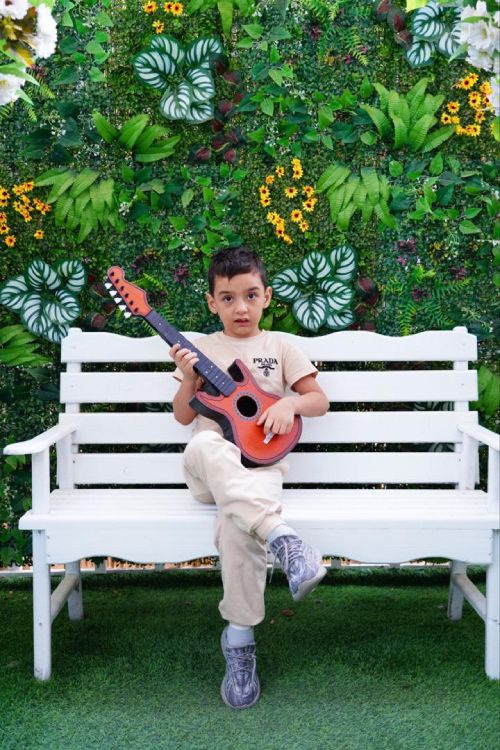
Amirkhon’s father — Tokhir Read More
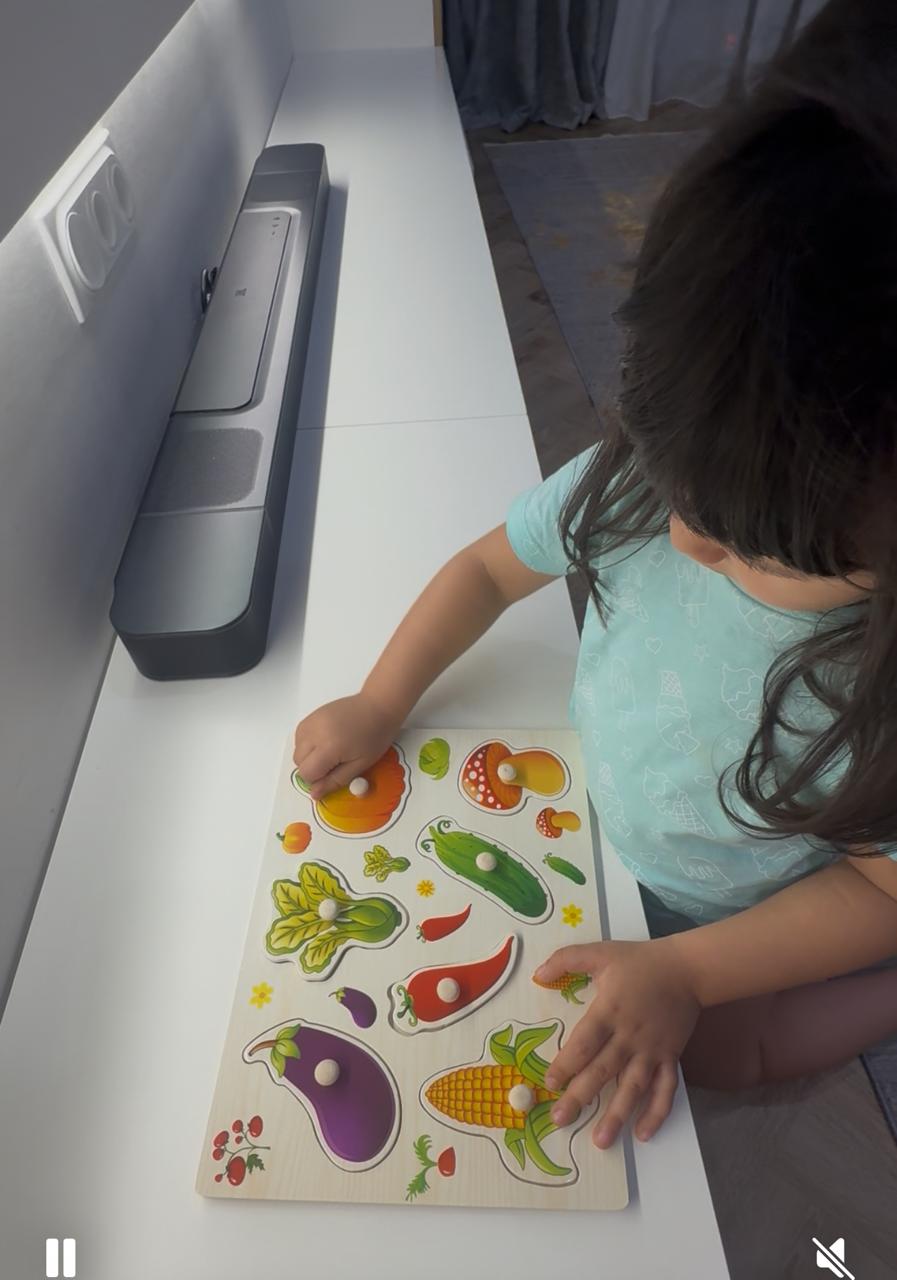
Dilana’s mother Read More
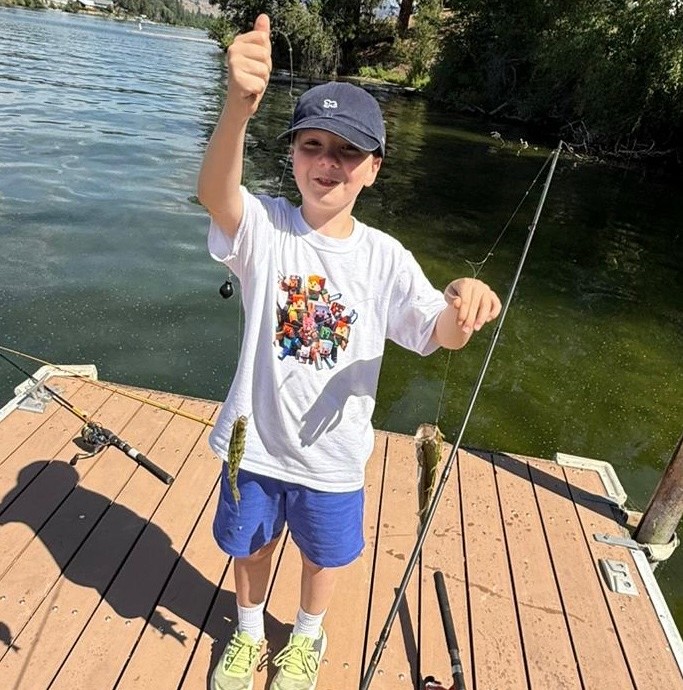
Irina and Stefan – Ilya’s parents Read More
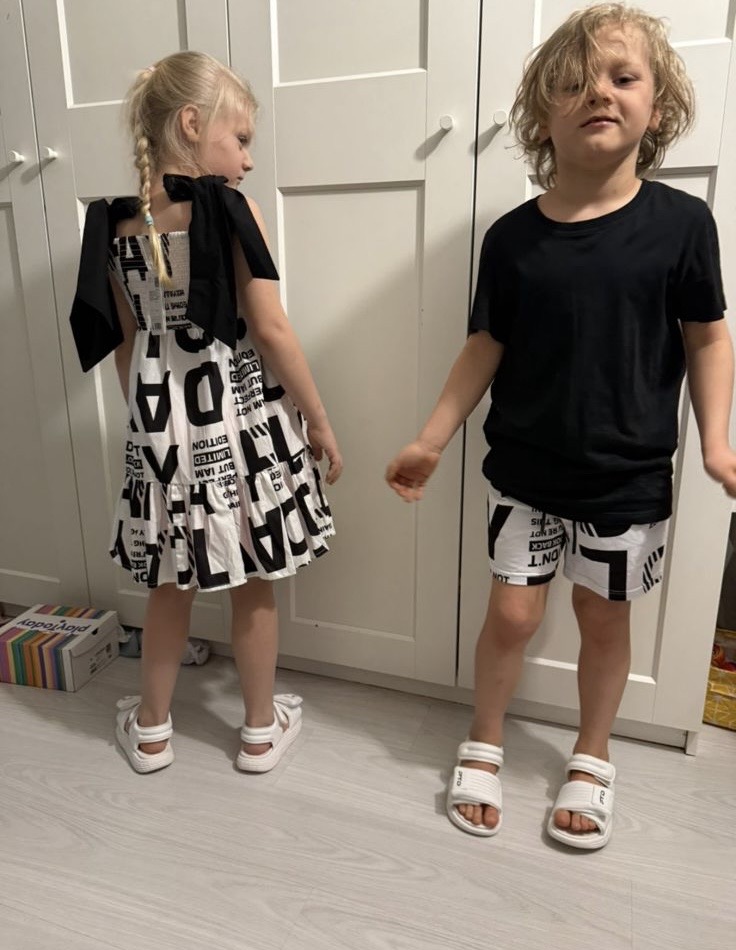
Kristina – mother of Nelly and Nik Read More
